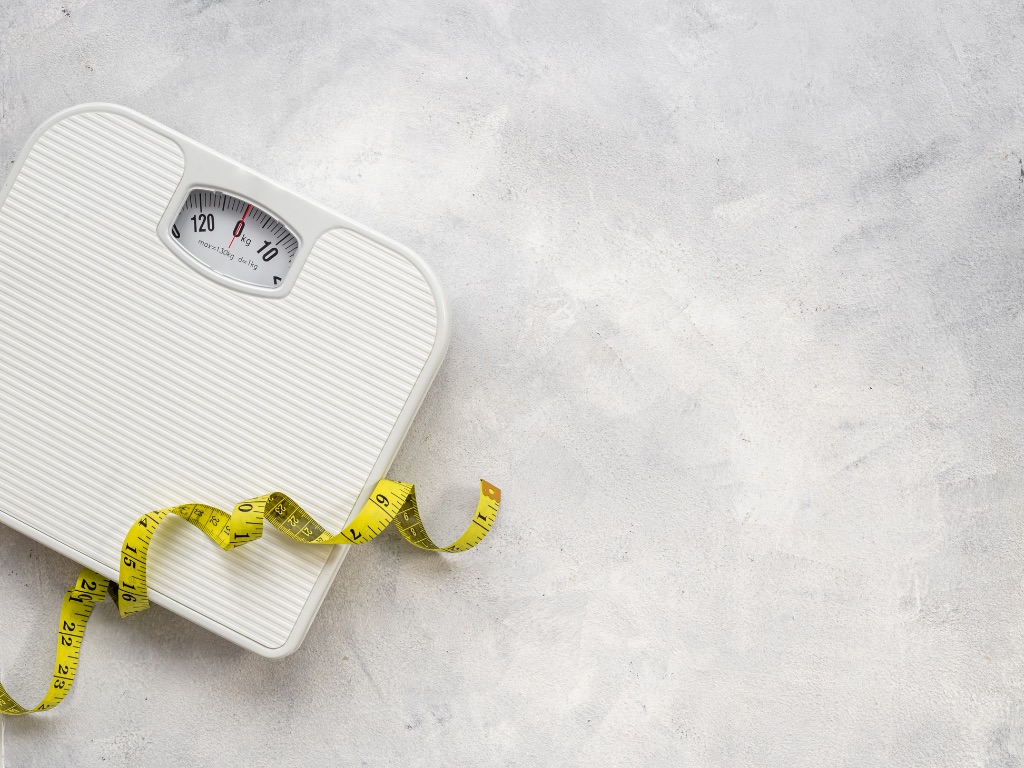Energy, mood, and overall vitality depend heavily on testosterone. Many people blame age when they feel fatigued, unmotivated, or less resilient, yet everyday lifestyle choices often influence hormone levels more than birthdays do.
A large-scale analysis published by the National Institutes of Health1 reported that testosterone levels have been falling by about one percent per year since the 1980s, with lifestyle behaviors such as poor diet and inactivity identified as significant drivers. This steady decline affects energy, confidence, and health outcomes across generations.
Simple adjustments in sleep, diet, stress, and exercise can prevent further decline and even restore natural testosterone balance. Understanding which habits to change is the first step toward regaining vitality.
The Role of Lifestyle on Testosterone
Hormones respond directly to how we live each day. Sleep, stress management, physical activity, and diet either fuel testosterone production or interfere with it. People who consistently care for these areas typically maintain higher levels compared to those who neglect them.
A study in the Journal of Clinical Endocrinology and Metabolism2 found that men who improved their diet, exercise, and sleep habits experienced significant increases in testosterone, highlighting the strong connection between lifestyle choices and hormone health. That research underscores how small changes in daily routines add up to measurable benefits.
Adopting a proactive approach to lifestyle habits is essential for maintaining hormone balance. Focusing on sleep quality, stress reduction, nutrient-rich foods, and regular movement helps protect testosterone and supports long-term well-being.
Everyday Habits That Disrupt Testosterone Balance
The following sections highlight the most common lifestyle habits that reduce testosterone and provide actionable steps to reverse the damage. Each factor is backed by research and offers practical solutions you can start applying today.
Poor Sleep – The Silent Testosterone Killer
Sleep drives testosterone production. The majority of hormone release occurs during deep sleep cycles, which makes rest critical for maintaining balance. When sleep is disrupted, testosterone levels drop quickly, often leading to fatigue, irritability, and decreased libido.
A controlled study published in the Journal of the American Medical Association3 showed that men sleeping fewer than five hours per night for a week experienced a 10 to 15 percent decline in testosterone. Poor sleep also increases body fat and reduces muscle mass, compounding hormonal problems.
Improving sleep hygiene means keeping a consistent schedule, limiting screen time, and ensuring a dark, calm sleep environment. Seven to nine hours of high-quality rest is one of the most effective natural testosterone boosters.
Chronic Stress and Cortisol Overload
Stress triggers cortisol release, and high cortisol suppresses testosterone. Constant pressure from work, finances, and digital overload leaves the body in fight-or-flight mode, reducing hormone production and slowing recovery.
Evidence published in Hormones and Behavior4 confirms that chronic stress lowers testosterone while increasing fat storage and reducing sexual function. This cycle can make it harder to break free from fatigue and poor motivation.
Daily stress management practices such as meditation, journaling, or outdoor walks improve resilience. Even ten minutes of deep breathing can reduce cortisol levels. Treating stress management as a daily priority protects hormone health and restores balance.
Bad Diet and Testosterone Drain
Diet plays a central role in hormone production. Excess sugar, processed foods, and alcohol weaken testosterone by causing insulin spikes, nutrient deficiencies, and liver strain.
A review in Nutrition and Health5 found that men consuming high levels of processed food had lower testosterone and higher fat mass compared to those eating whole foods. Micronutrients such as zinc, vitamin D, and magnesium are vital for hormone production, yet many modern diets lack these essentials.
Building meals around whole proteins, healthy fats like avocado and olive oil, and fiber-rich vegetables supports hormone balance. Research in the Journal of Clinical Endocrinology and Metabolism shows that vitamin D deficiency is strongly linked to low testosterone, underscoring the importance of both diet and sun exposure.
Sedentary Lifestyle and Skipping Exercise
Movement signals the body to produce testosterone. A sedentary lifestyle causes muscle loss and fat gain, both of which reduce hormone levels.
Strength training provides one of the most potent natural testosterone boosts. Research6 in Sports Medicine demonstrated that compound lifts such as squats and deadlifts significantly raise testosterone. Training large muscle groups three to four times weekly delivers noticeable results.
Moderate cardio also helps by improving circulation and reducing stress. Jogging, cycling, or swimming in moderation complements strength training, though excessive endurance exercise may minimize testosterone. Balancing daily steps, weightlifting, and moderate cardio ensures long-term benefits.
Other Sneaky Testosterone Saboteurs
Several overlooked factors quietly harm testosterone. Heavy alcohol consumption lowers hormone levels, and smoking or vaping damages blood vessels needed for hormone delivery.
Environmental toxins mimic estrogen and disrupt hormone balance. A report in Environmental Health7 Perspectives noted that endocrine-disrupting chemicals such as BPA in plastics are strongly associated with reduced testosterone. Carrying excess body fat worsens the issue, as fat tissue converts testosterone into estrogen.
Reducing alcohol intake, avoiding plastics, and focusing on weight management all support natural hormone balance. These minor adjustments prevent silent saboteurs from undermining progress.
How Fast Can You See Results
Consistency determines results. Improvements in sleep and stress reduction often bring more energy and focus within one to two weeks. Balanced nutrition and hydration also show quick benefits.
Physical changes like muscle gain, fat loss, and higher libido typically appear after four to six weeks of structured training and dietary improvements. Stress reduction practices bring gradual but lasting improvements when performed daily.
Tracking progress through energy levels, mood, sleep quality, and workouts helps maintain motivation. Consistent action matters more than immediate lab tests, and small changes create major transformations over time.
Conclusion
Testosterone levels are shaped more by lifestyle habits than age. Poor sleep, high stress, processed diets, and inactivity all undermine this vital hormone. Addressing these habits naturally restores energy, motivation, and confidence.
Vita Bella empowers people to make small yet powerful lifestyle changes that protect hormone health. With the proper support, balance is achievable without complicated interventions. Take action today to safeguard your vitality and unlock your best self. Contact us!
Frequently Asked Questions
Can Hydration Affect Testosterone Levels?
Yes, dehydration raises cortisol and reduces blood volume, both of which negatively affect testosterone. Staying well-hydrated improves circulation, energy, and supports overall hormone balance. Aim for steady water intake daily.
Does Sunlight Exposure Play a Role in Testosterone Health?
Sunlight exposure naturally boosts vitamin D, which helps regulate testosterone. Regular time outdoors, even short sessions, provides a natural stimulus for hormone balance while improving mood and immunity.
How Does Social Connection Influence Testosterone?
Strong social bonds and positive interactions stimulate hormonal balance. Research shows that meaningful relationships and supportive communities increase testosterone, while isolation and loneliness contribute to hormonal decline.





















